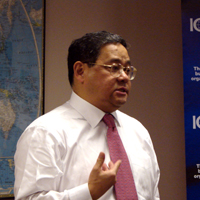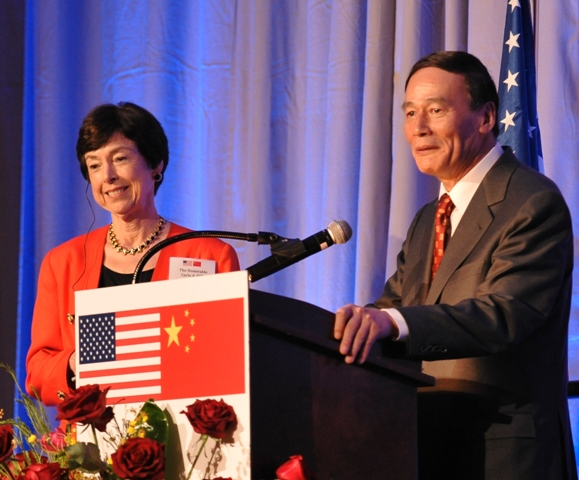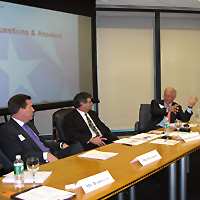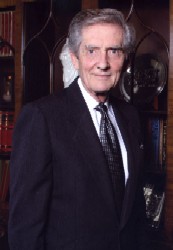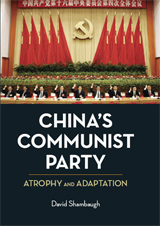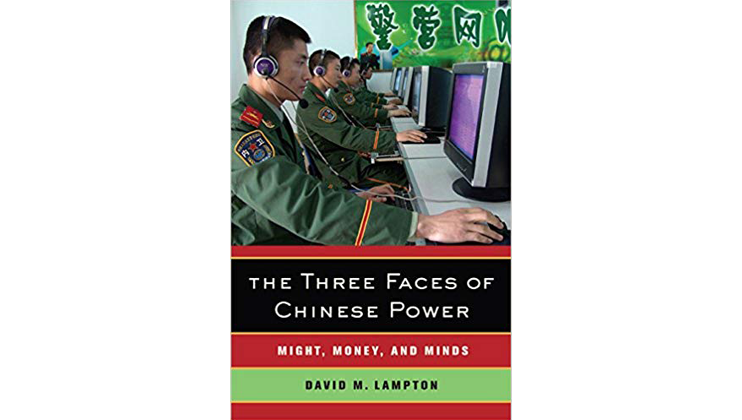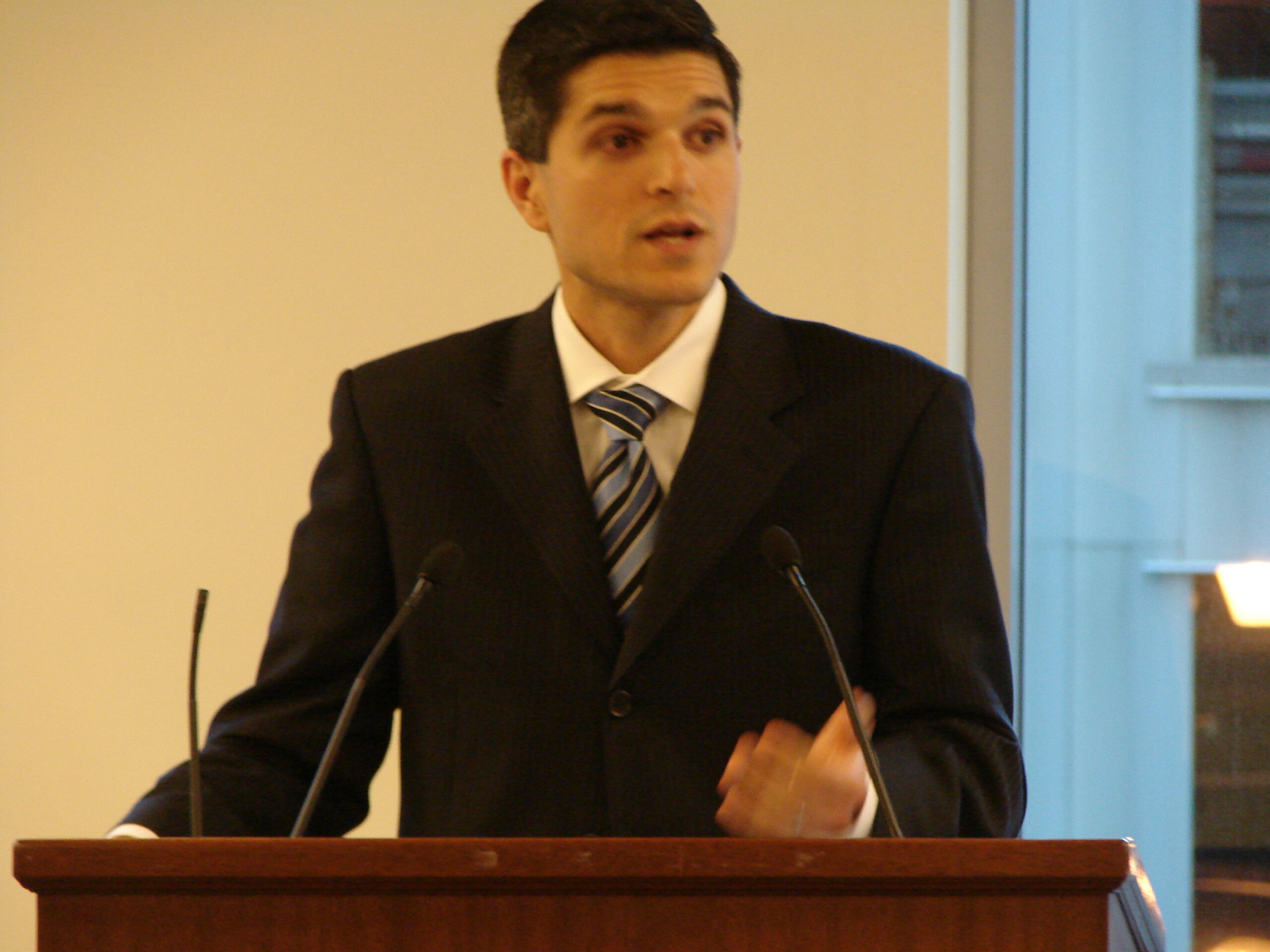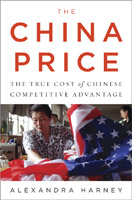Recent Events
Mr. Fung offers his views on the multilateral trading system from the Asia/Pacific perspective and discusses ways to engage Asia in international forums, especially in light of the current economic environment.
Chinese Premier Wen Jiabao delivered an address on Sino-American relations to 550 guests at a luncheon held in his honor by the National Committee and the US-China Business Council in New York on September 23.
During the Beijing Olympics, the National Committee is emailing its members and friends a series of “postcards” from China. The cards, intended to provide local color to complement the extensive media coverage of the Games, come from friends of the Committee attending events, observing the proceedings in Beijing and beyond, and reflecting on what they […]
On June 18, 2008, the National Committee co-hosted a dinner in Washington, DC, in honor of Wang Qishan, Vice Premier of the State Council of the People’s Republic of China. Informally concluding the 4th round of the U.S.-China Strategic Economic Dialogue (SED), the dinner provided the occasion for Vice Premier Wang and U.S. Secretary of the Treasury Paulson to give public addresses concerning SED’s progress.
Business has been a driving force in expanding U.S.-China relations, and American companies of all sizes continue to enter the China market or expand their current operations at an unprecedented rate. What do American businesses operating in China see as key issues, and what steps can both countries’ governments take to improve the business climate? […]
China’s judiciary is a key component in furthering development of the rule of law throughout the country. In recent years, the educational and professional standards of judges and the quality of judicial opinions have been raised, yet much work remains to be done in order to improve the administration of the courts, ensure enforcement of laws and judgments, and remove corrupt influences from the courts.
Discussion with author David Shambaugh, professor of political science and international affairs, George Washington University. Audio of the event is available on the website of the Asia Society, the event co-sponsor.
The evolving security environment in Northeast Asia continues to be a major focus for U.S. Pacific Command. Although events and trends have challenged regional stability, Northeast Asia remains stable and secure, enabling prosperity and growth. Admiral Timothy J. Keating, Commander, U.S. Pacific Command, will discuss transformed U.S. alliances with Japan and the Republic of Korea; […]
Dr. David M. Lampton shares his perspective on how China’s strengths are changing, where vulnerabilities and uncertainties lie, and how the rest of the world, not least the United States, should view these trends.
Rapid growth in China’s aviation sector – now estimated at 8.8 percent per year – increases the challenge of providing effective safety and system capacity. James Filippatos, the Federal Aviation Administration’s assistant administrator for international aviation, discussed Sino-American cooperation in the aviation field. One highlight is the U.S.-China Aviation Cooperation Program (ACP), jointly organized by […]
Alexandra Harney examines some of the reasons why China is able to offer such low prices on its manufactured goods. She also highlights the consequences of the “China price,” including the health and safety of workers and environmental degradation.
Professor A. Tom Grunfeld led a conference call discussion for National Committee members on April 16, which included a concise historical overview, a summary of the present situation in Tibet and consideration of the implications of recent events for U.S.-China relations and the Beijing Olympics.
